Should Runners Use BCAAs?
Last Updated:If you’ve been involved in the running world, you’ve probably come across the term BCAAs and wondered what that meant.
BCAAs have been gaining traction in the health and fitness world for all of their numerous health benefits, including recovery after exercise. But what exactly are they and should runners use BCAAs?
What are BCAAs?
BCAAs are branched-chain amino acids? And most importantly do BCAAs really help with recovery? Amino acids are known as the building blocks of protein. This means that without them, your body will be unable to utilize them to build muscles, keep your immune function in check, and repair any muscle damage that comes after a hard workout or a run.
There are 21 different amino acids, including nine that are essential to keep your body functioning at its best. BCAAs offer three of these key amino acids that help to inhibit muscle protein breakdown and improve your body’s glycogen storage.
These three amino acids are called: isoleucine, leucine, and valine. Since BCAAs are essential to human health, you must get them from your diet. Great sources of BCCAs from food include animal-based protein such as eggs, fish, meat, poultry, and dairy. You can also get them from some plant sources including quinoa, chickpeas, lentils, and other healthy whole grains.
Is BCAAs Good After Running?
Since BCAAs are known for their ability to help reduce fatigue and muscle soreness after a workout, runners could potentially benefit greatly from taking them and one of the best supplements for runners.
As mentioned before, BCAAs is found in food sources, which should always be your go-to method for obtaining your vitamins and minerals, but if you are a runner and find yourself feeling exhausted after a run or increased muscle pain and stiffness, BCAAs could be just the thing you need to aid in recovery.
BCAAs also help to increase your power output and your time to exhaustion, meaning it’ll take you longer before you feel wiped out. This alone can benefit runners greatly.
BCCAs can help runners go for longer distances without feeling as much fatigue. BCAAs will help to refuel your muscles after your run, which helps decrease the amount of muscle fatigue and soreness you experience. BCAAs are great after or before running. During my runs, I have water, Maurten Drink Mixes, or Gatorade.
Is BCAA good for runners?
Every runner benefits from having enough amino acids in their body. Amino acids are the key to repairing the microscopic rips and tears that occur on your muscles after running.
Having enough amino acids ensures that you will be able to run better and for longer distances, given that your muscles won’t be injured or suffering from damage. Here's a detailed study of a clinical trial about BCAAs.
Amino acids will also help your muscles recover more quickly if you consume them following a run. If you happen to eat more amino acids than what your body actually needs, the excess amount will be used up as energy for exercising or stored in your body’s fat cells for later use—which is great for long-distance runners.
So when your body is able to quickly repair the small tears in your muscles that are caused by running, the muscle then becomes stronger than it was before.
Eating foods that are good sources of protein or taking a high-quality BCAA supplement containing essential amino acids shortly after you finish your run, will help repair those minor muscle injuries.
When should you take your BCAA?
There are a few supplements for runners that should be on every runner’s radar, especially BCAAs. Most people take BCAAs for their ability to help with muscle recovery after intense workouts or training. They also work to increase your stamina and delay the feeling of exhaustion that comes with long-distance running.
This is what makes BCAAs a great option for runners that want to increase their endurance and decrease their recovery time. The three essential amino acids that BCAAs are comprised of (isoleucine, leucine, and valine) make up about one-third of muscle protein.
Most of the other amino acids are metabolized by your liver, but these three are able to bypass the liver and go straight to the muscles. This helps to aid in the body’s natural energy production and has been shown to reduce muscle damage, as well as increase resistance to fatigue.
Because of this, BCAAs can also help to increase overall muscle mass. I lift and run so my ultimate goal is always to build or maintain my muscles. BCAAs are excellent to prevent muscle loss during excessive cardio/long-distance running.
Is BCAA good for endurance?
BCAAs are also able to inhibit cortisol. Many people know cortisol to be the “stress hormone”, but few may be aware of its ability to cause muscle breakdown. The release of cortisol from physical exertion and intense exercise or running can wear away at your muscles after some time.
For runners, this can lead to weakness in the leg muscles and overall inability to run long distances. Since BCAAs are able to inhibit cortisol, it has less of an effect on the muscles and the body is able to recover faster, leading to decreased soreness and enhanced muscle growth.
Leucine, one of the essential amino acids found in BCAAs, is also great for stimulating muscle protein synthesis, which signals other amino acids in the body to form muscle tissue.
BCAAs may even have the ability to increase your body’s fat-burning ability, as well as help keep your blood sugar regulated. In conclusion, BCCAs can be greatly beneficial to runners.
BCAAs can be found in food and most people do meet their recommended daily requirements. You can also play safe and get my favorite BCAAs supplement online. However, if you want to get more out of your run, have the energy to run further distances, and experience decreased recovery time, BCAAs may be right for you.

- Most featured running blog, past 6 years
- USATF certified running coach
- Experienced endurance athlete
- 7 marathons








